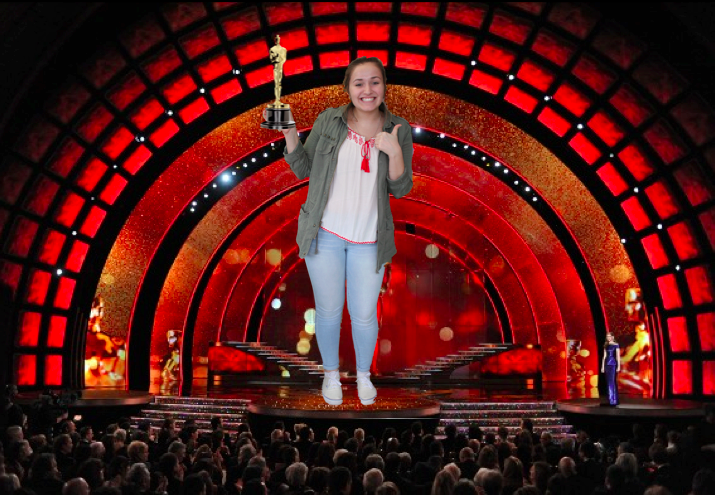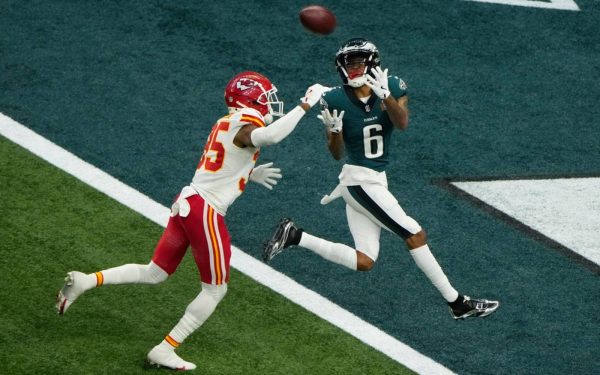Can Oscar speeches spark social change?
This past Sunday, Feb. 22, the 87th Academy Awards dominated television screens all across the globe. Labeled the “biggest night in Hollywood,” the Oscars distinguishes the best actors, actresses, directors, and alike from the subpar. Earning an Oscar is arguably the most defining moment in an actor’s career.
So, that’s why, during the three and a half hour broadcast, many were confused when some of the winners used the time normally allotted for an acceptance speech to promote certain issues that plague America and the rest of the world.
For example, Oscar winner Patricia Arquette used her airtime to endorse gender equality, Graham Moore to encourage kids to be themselves and “stay weird,” Julianne Moore to express the struggle that is Alzheimer’s disease, Eddie Redmayne to bring awareness to ALS, and lastly John Legend and Common to advocate that the fight for racial equality isn’t over.
But did their messages actually influence those watching?
Normally, I find celebrities promoting controversial ideas to be hollow because their privileged lives aren’t exactly representative of that of the average American.
However, this time I applaud those actors and actresses that stood up there to fight for these causes. Although Patricia Arquette might not experience the unequal treatment of women and men in her life that a single mother living in Chicago might, every women has dealt with it in her life whether small or large. And given the wide range of topics brought up during the Academy Awards, almost everyone watching could relate to something that was discussed during the speeches.
That’s why, given the roughly 43.7 million people that tuned into the broadcast, the Oscars is the perfect place for celebrities to try and promote social issues facing the world. It doesn’t mean that by next week gay marriage will be legal in all 50 states or that there won’t be any more racism in the world, but it sparks discussion and discussion could ultimately lead to change.
Senior Devyn Callen summed up the speeches’ impacts.
“At first when winners started promoting messages in their speeches, I was rather annoyed,” Callen said, “but after hearing what they had to say, I realized how important their messages were and how much they needed to be heard.”
This is why I support the actors’ in their decision to highlight what’s important to them; after all, when millions are watching, isn’t that a good time to do it.













